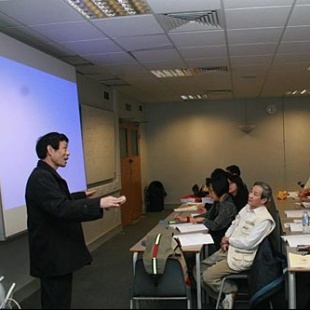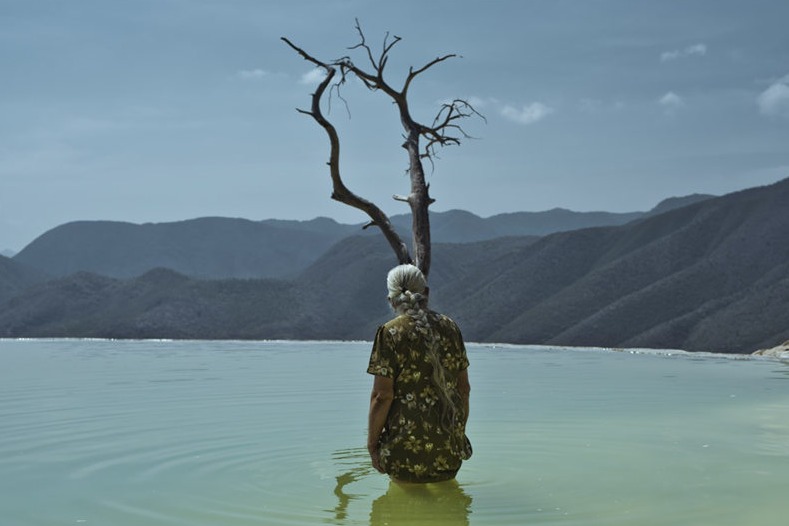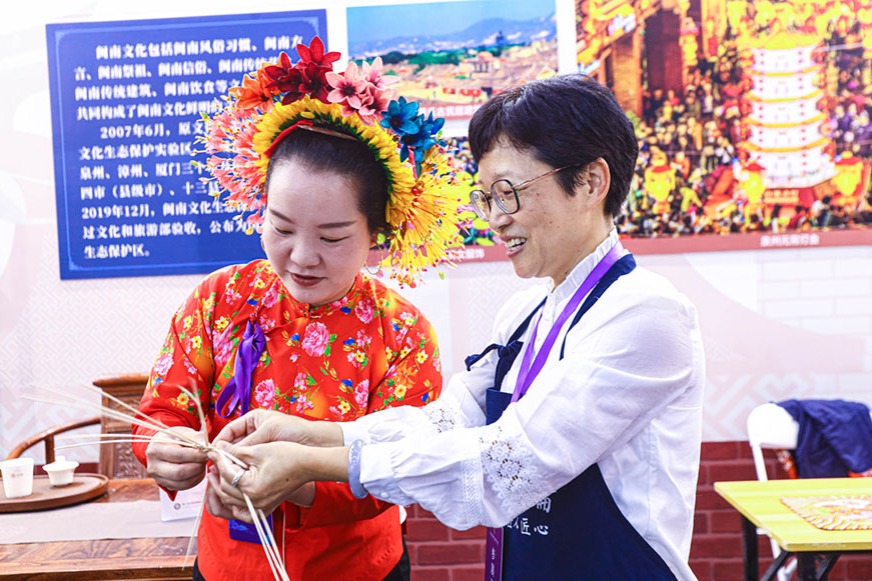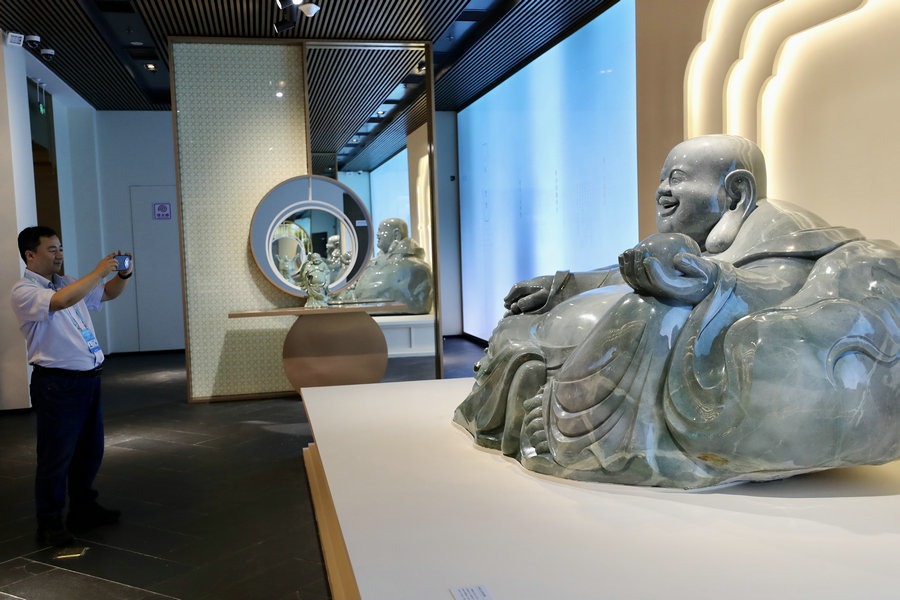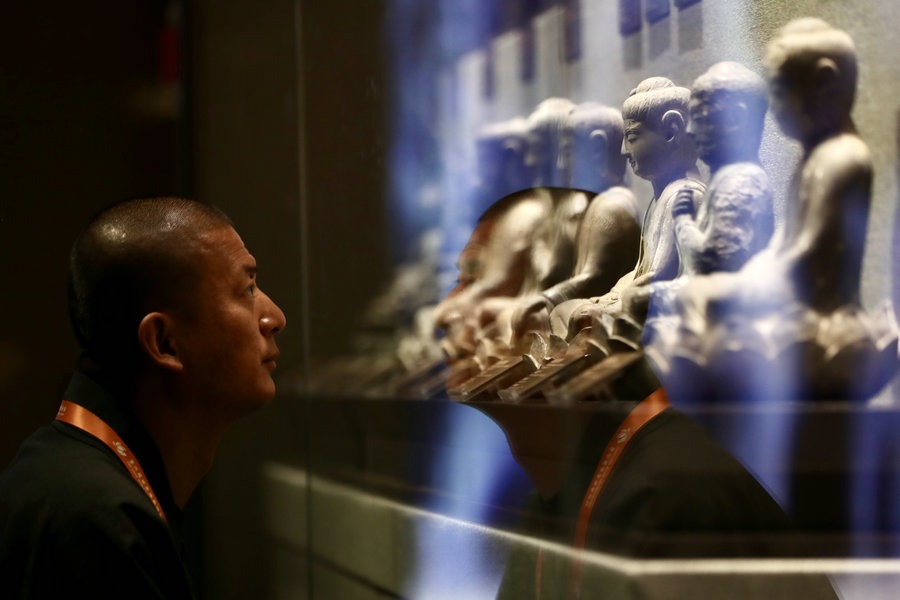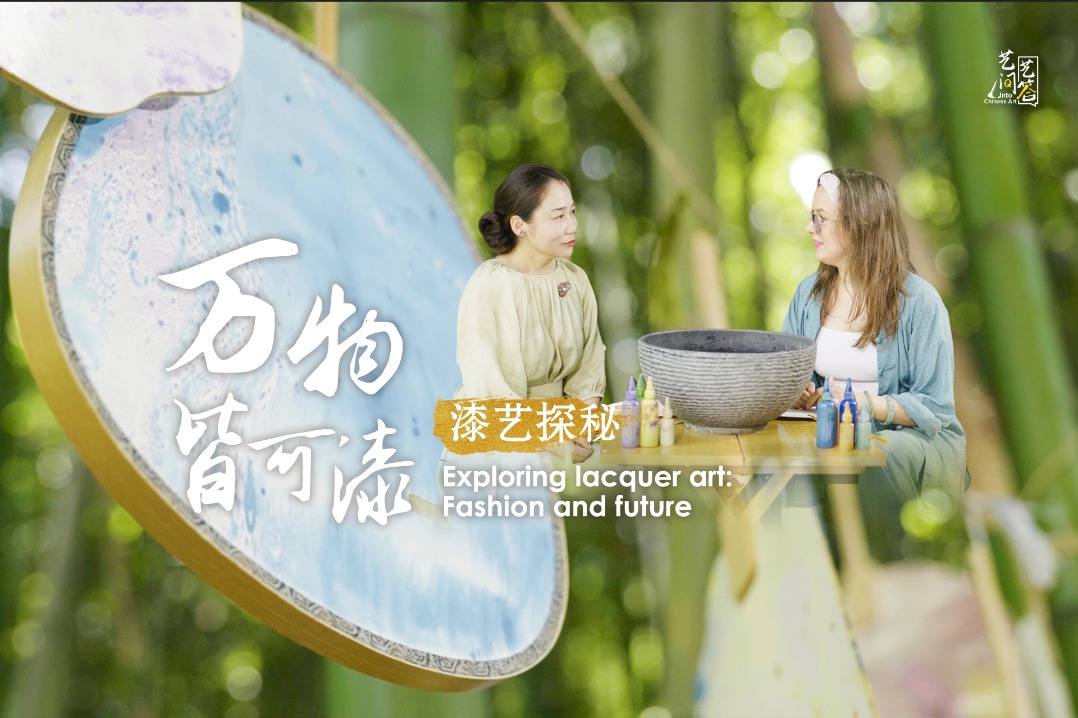Chinese-language teachers gather in New Zealand

The two-day Fifth Oceania Chinese Teachers' Conference 2023 was held in Auckland, the largest city in New Zealand, earlier this month.
Over 100 Chinese-language teachers from New Zealand, Australia, and Pacific Islands countries participated in the conference, either in person or through online livestreaming, while attending dedicated speeches and multiple workshops.
Participating Chinese-language educators shared their experiences and insights through these sessions and explored the new environment, demands, and pedagogy of overseas Chinese education, especially in terms of multifaceted approaches to the subject and the adoption of artificial intelligence applications, such as ChatGPT, in the post-pandemic era.
Laura Deng, chairperson of the New Zealand Chinese Language Teachers Association, says that this conference is the first on-site conference of its kind since the pandemic began.
"In the past decade, there has been a growing interest in the Chinese language and culture. As Chinese-language teachers, we have an important role to play in nurturing this interest and helping our students to develop the language skills and the cultural understanding they need to succeed in an increasingly interconnected world," says Deng.
Zhou Xuelin, director of the Confucius Institute at the University of Auckland, says he believes that schoolteachers had demonstrated incredible abilities and intelligence to make extraordinary achievements in Chinese-language education.
"At the 2022 National Chinese Bridge Speech Competition, students from secondary schools across New Zealand sang Chinese songs and danced Chinese dances. They performed 'cross talk' in Chinese and told Chinese stories using bamboo clappers," Zhou says.
He notes that the first English-language book on Chinese cinema was authored by a New Zealander who speaks perfect Chinese, and nearly every New Zealand ambassador to China is fluent in Mandarin.
Chinese Ambassador to New Zealand Wang Xiaolong encouraged Chinese-language teachers in New Zealand and Oceania to take their students to China to experience Chinese history and culture, meet the hospitable people, deepen exchanges on the latest developments and trends in Chinese education, and cultivate more Rewi Alleys for the new era and enhance mutual understanding and friendship between China, New Zealand and the rest of the world.
Stephanie Mortimore, project manager and facilitator from the Tui Tuia Learning Circle at the University of Auckland, an organization that undertakes the support of foreign-language learning, teacher education, and professional development work from the New Zealand Ministry of Education, says that the organization would continue to support Chinese-language teachers and teaching activities.
She also says she hopes to see Chinese-language teachers provide their feedback on refreshing the New Zealand language curriculum next year.


